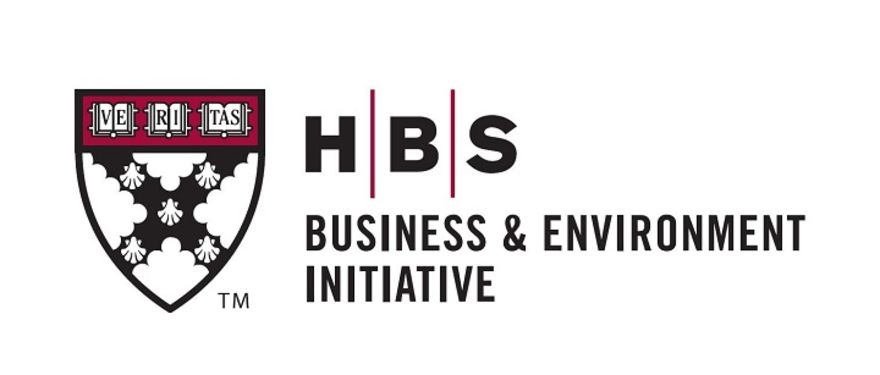The Business and Environment Initiative (BEI) at HBS launched back in 2010. It was founded in order to educate business leaders about the environmental challenges and opportunities confronting businesses today and to help them design effective solutions. The initiative promotes research about the relationships between economic systems and the natural environment, and about the structures that enable firms to act productively in this arena. It develops innovative cases, teaching notes, and other curriculum materials for broader distribution to MBA and Executive Education programs. In addition, BEI organizes conferences, seminars, and symposia that increase the visibility of environmental problems and their solutions among students, alumni, and the broader business community.
What are the Initiative’s goals?
Our primary goals are to catalyze and support faculty research related to the environment; educate MBAs on the value of natural resources and the opportunities of environmental innovations; inform and engage alumni to leverage their expertise relating to environmental issues; and promote awareness across constituencies of the HBS commitment to environmental sustainability.
Why do you think the Business & Environment Initiative is an important part of the HBS ecosystem?
Environmental issues are by nature general management issues, with implications for every aspect of the business and supply chain, for business strategy, and for the ways in which firms work with stakeholders. In addition, economic prosperity and growth depend to a large degree on the health of the ecosystem, and our goal is to make this as self-evident as possible at HBS.
What events and resources do you offer?
In addition to bringing high-profile speakers on campus, we also offer Lunch & Learn series for our students whereby they gather to join BEI faculty for informal lunchtime discussions about environment-related research and interests. We’ve also successfully run an annual mentorship program which connects students to alumni mentors working in environment-related sectors who provide career advice and direction. The BEI Student Advisory Board is another great way for interested MBA’s to contribute to the mission of the initiative by giving feedback, tracking curriculum development, and working on various other projects.
How do students get involved with the Initiative?
They can sign up for our newsletter, event and research updates, check our website for career resources and participate in the mentor program. They can also apply to be on our advisory board.
Is the BEI involved in case writing?
We have a group of core faculty who are very active in writing cases as well as other curriculum materials on environmental topics such as climate change, sustainable cities, clean energy, and integrated reporting. We feature the latest cases in our research update, which is emailed to internal and external faculty, practitioners and various other constituents—a great way to showcase the latest in HBS research on business and the environment to a wide audience.
Do you host conferences during the year?
Yes, we do. For instance, last March, we worked with Alumni Relations to put on Business and Environment 2015: Environmental Challenges and Solutions in the Food Sector. The exclusive event brought together HBS faculty, alumni leaders, and industry experts for two days of rigorous discussions on resource constraints, food waste, consumer concerns and exciting innovations. In years past, we’ve hosted Paul Polman (CEO of Unilever), Carter Roberts MBA ’88 (CEO of World Wildlife Fund), Mark Tercek MBA ’84 (CEO of The Nature Conservancy), and Felipe Calderon (former president of Mexico). During Harvard’s Climate Week in April 2015, we organized our own series of guest speakers and activities during the week.
What do you hope prospective students know about the Business and Environment Initiative?
We hope that prospective students know that BEI is working diligently to integrate the principles of sustainability into business education, to disseminate cutting edge research, and to make career resources in sustainability more accessible and abundant on campus. And, that there are opportunities for students to get involved in these efforts.

